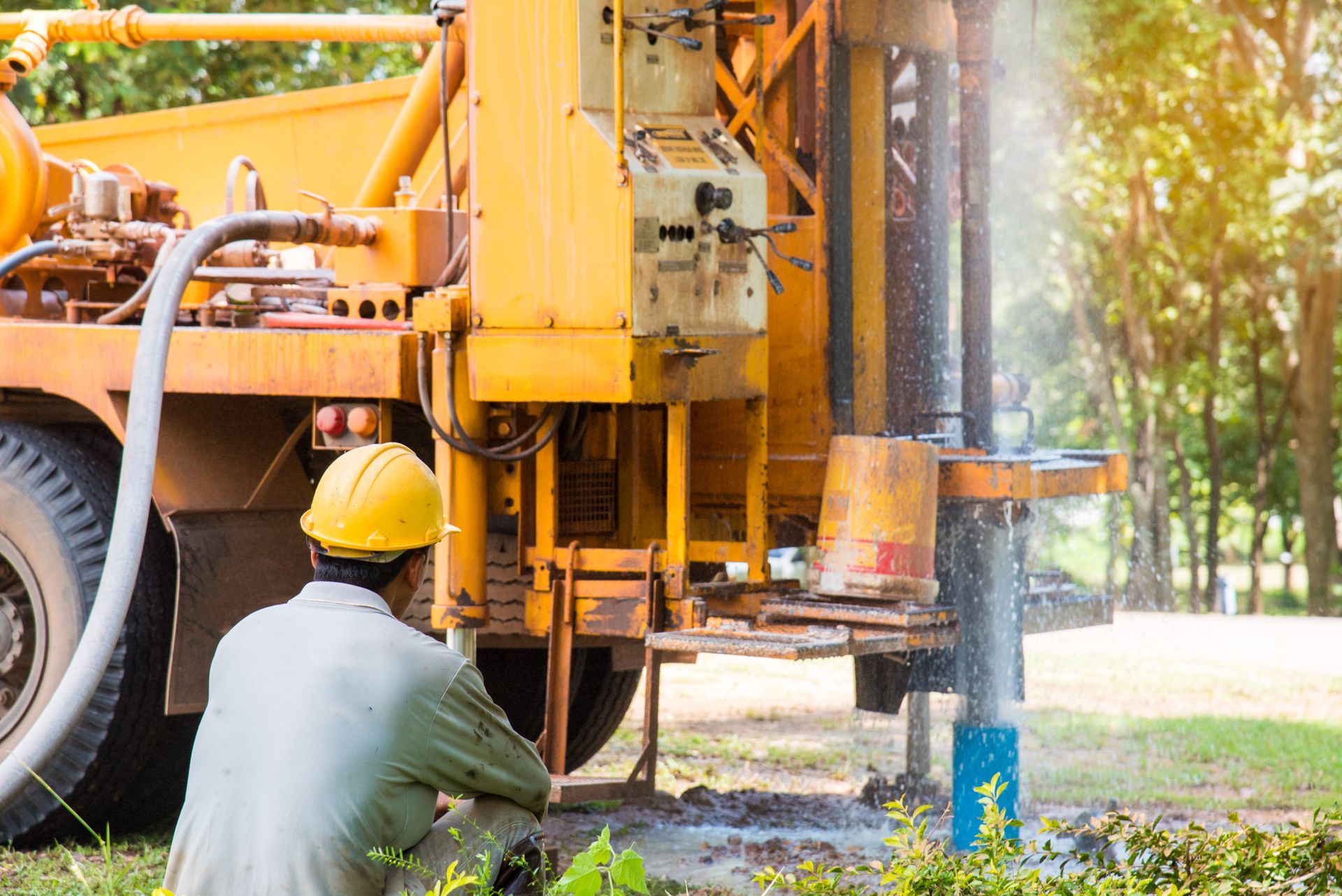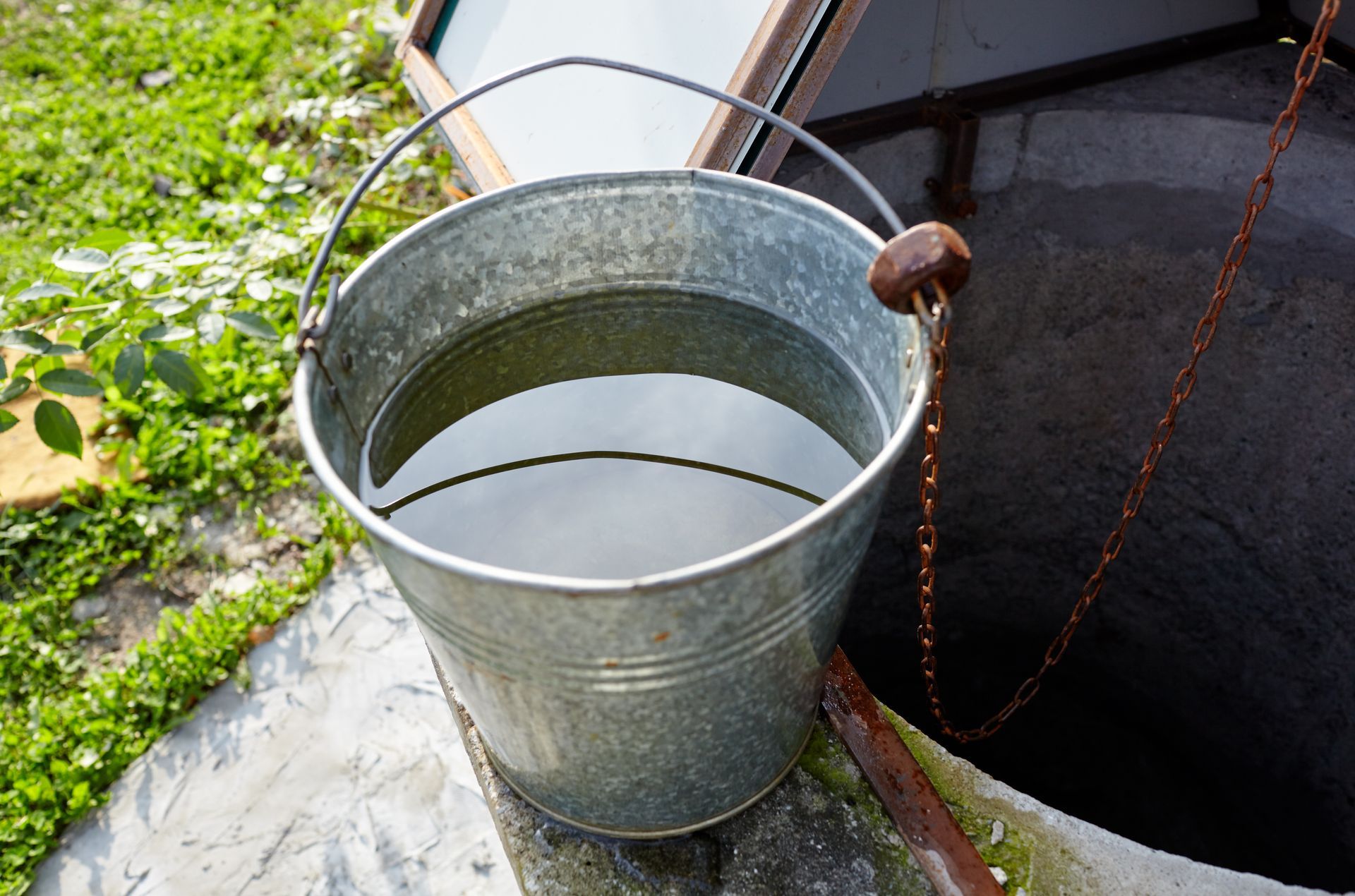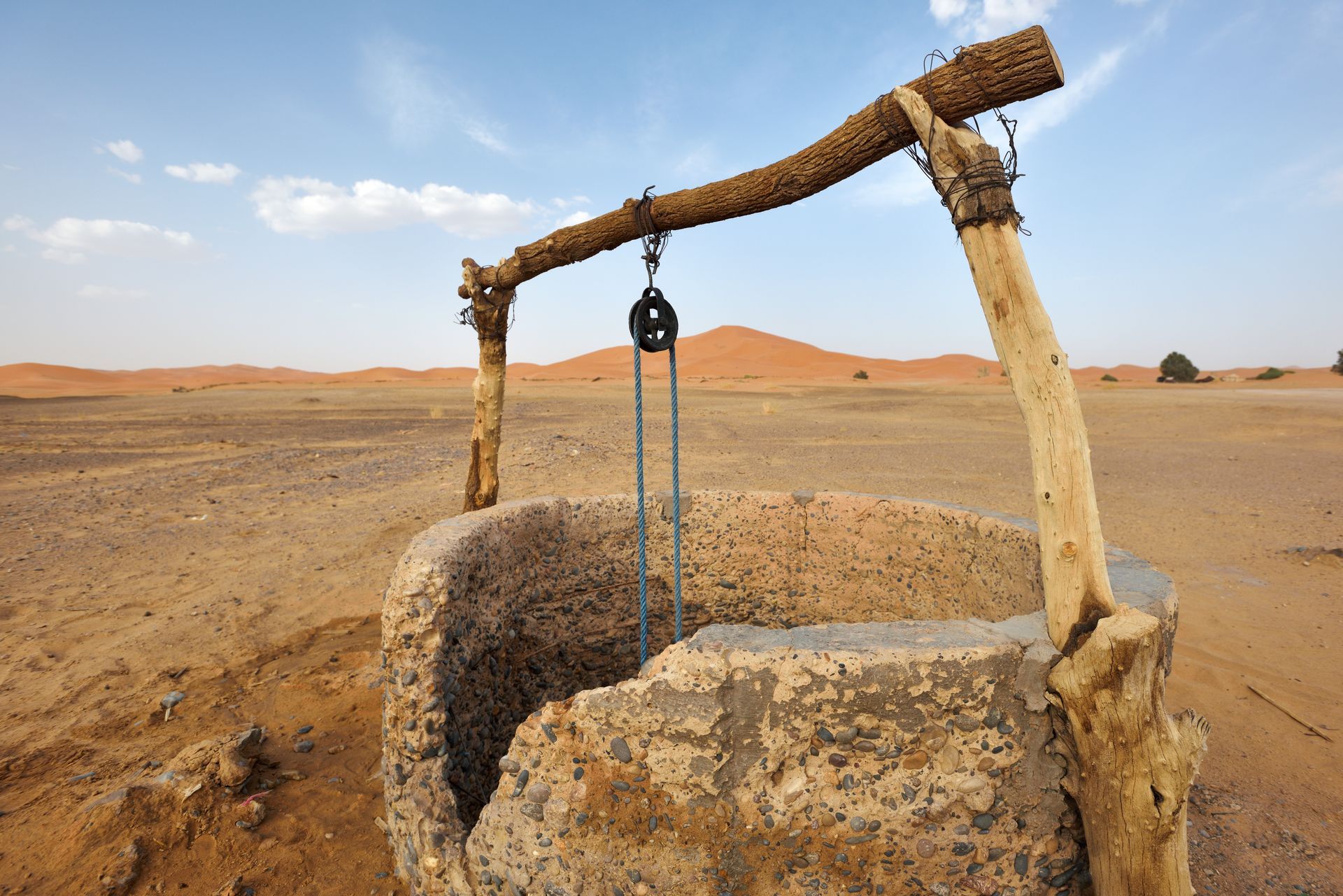Understanding the Legalities of Water Well Drilling in Texas
Water wells play a vital role in providing a reliable water source for many residents and businesses in Texas, particularly in the Dallas Fort Worth area. However, before drilling a well, it’s essential to understand the legalities involved. This article aims to educate potential well owners about the regulations, permitting requirements, and responsibilities associated with water well drilling in Texas.
Overview of Water Rights in Texas
In Texas, water rights are governed by the "Rule of Capture," which allows landowners to extract groundwater from their property without a permit. This principle means that property owners have the right to pump as much water as they can from their wells, regardless of how it affects neighboring wells or properties. However, there are important exceptions to this rule, particularly concerning the protection of public water supplies and the environment.
Understanding water rights is crucial for potential well owners, as it affects not only their access to groundwater but also their legal responsibilities. For instance, while the Rule of Capture grants significant freedom, it does not exempt well owners from the obligation to manage their resources sustainably.
Permitting Requirements
Before drilling a water well, it is essential to obtain the necessary permits. The Texas Commission on Environmental Quality (TCEQ) oversees the permitting process, ensuring that water wells are drilled safely and responsibly.
Who Needs a Permit?
In Texas, a permit is required for any new water well that is intended for use in supplying water for domestic, livestock, or irrigation purposes. This includes both residential and commercial wells. However, some exemptions may apply, such as for wells used solely for monitoring groundwater.
Steps to Obtain a Permit
- Application Process: The first step in obtaining a permit is to complete an application form, which can typically be found on the TCEQ website. The application will require information about the proposed well, including its intended use, location, and the estimated depth.
- Required Documentation: Along with the application, applicants may need to submit additional documentation, such as a site plan, geological survey, or proof of land ownership.
- Fees: The permitting process usually involves a fee, which varies depending on the type of well and its intended use. It’s essential to check the TCEQ website for the most current fee schedule.
Once the application is submitted, the TCEQ will review it to ensure compliance with state regulations. If approved, the applicant will receive a permit that outlines the conditions under which the well can be drilled.
Local Regulations and Guidelines
In addition to state regulations, local ordinances and zoning laws may also apply to water well drilling in the Dallas Fort Worth area. Local health departments often have specific guidelines that must be followed to protect public health and the environment.
Importance of Consulting Local Authorities
Before drilling, it’s crucial to consult with local authorities to understand any additional requirements or restrictions that may apply. This may include setbacks from property lines, restrictions on well depth, or requirements for water quality testing. By doing so, well owners can avoid potential legal issues and ensure that their well complies with local standards.
Environmental Considerations
Environmental impact assessments are another critical aspect of the water well drilling process. Depending on the location and scale of the well, an assessment may be required to evaluate the potential effects on local ecosystems and groundwater supplies.
When Are Assessments Required?
Environmental assessments are typically required for larger wells or those located in sensitive areas, such as near wetlands or in regions with vulnerable groundwater supplies. These assessments help ensure that drilling activities do not harm the environment or deplete local water resources.
Best Practices for Sustainable Drilling
Well owners should follow best practices for sustainable drilling to minimize environmental impact. This includes:
- Choosing the Right Location: Selecting a site that minimizes disruption to local ecosystems and is away from potential contaminants.
- Using Environmentally Friendly Materials: Opting for materials that do not leach harmful substances into the groundwater.
- Implementing Water Conservation Measures: Ensuring that water usage from the well is sustainable and does not exceed the recharge rate of the aquifer.

Responsibilities of Well Owners
Once a well is drilled, owners have specific responsibilities to ensure its proper management and maintenance.
Maintenance and Reporting Requirements
Well owners must conduct regular inspections to ensure that the well is functioning correctly and that water quality remains safe. This may include:
- Routine Maintenance: Regular checks of the well casing, pump, and other components to prevent issues.
- Water Quality Testing: Periodic testing for contaminants, such as bacteria, nitrates, and heavy metals, to ensure the water is safe for consumption.
In some cases, well owners may be required to report water quality results to local health authorities.
Understanding Liability and Accountability
Well owners also need to be aware of their legal liabilities. If a well contaminates nearby water sources or poses a risk to public health, the owner may be held accountable. Understanding these responsibilities is crucial for protecting both personal interests and community health.
Resources for Further Information
For those interested in drilling a water well, several resources are available:
- Texas Commission on Environmental Quality (TCEQ): The primary regulatory body for water wells in Texas, providing guidelines, applications, and information on water rights.
- Local Health Departments: Contacting local authorities can provide insights into specific regulations and requirements in your area.
- Professional Organizations: Associations such as the Texas Well Owners Network offer resources, support, and education for well owners.
Understanding the legalities of water well drilling in Texas is essential for anyone considering installing a well. By familiarizing themselves with water rights, permitting requirements, and local regulations, potential well owners can ensure that their drilling activities are legal, safe, and sustainable.
You might also like
Contact Us
We will get back to you as soon as possible.
Please try again later.
Your Trusted Water Well Experts!
Location
Call
All Rights Reserved | Dallas Fort Worth Water Well Service | Powered by Snapps

